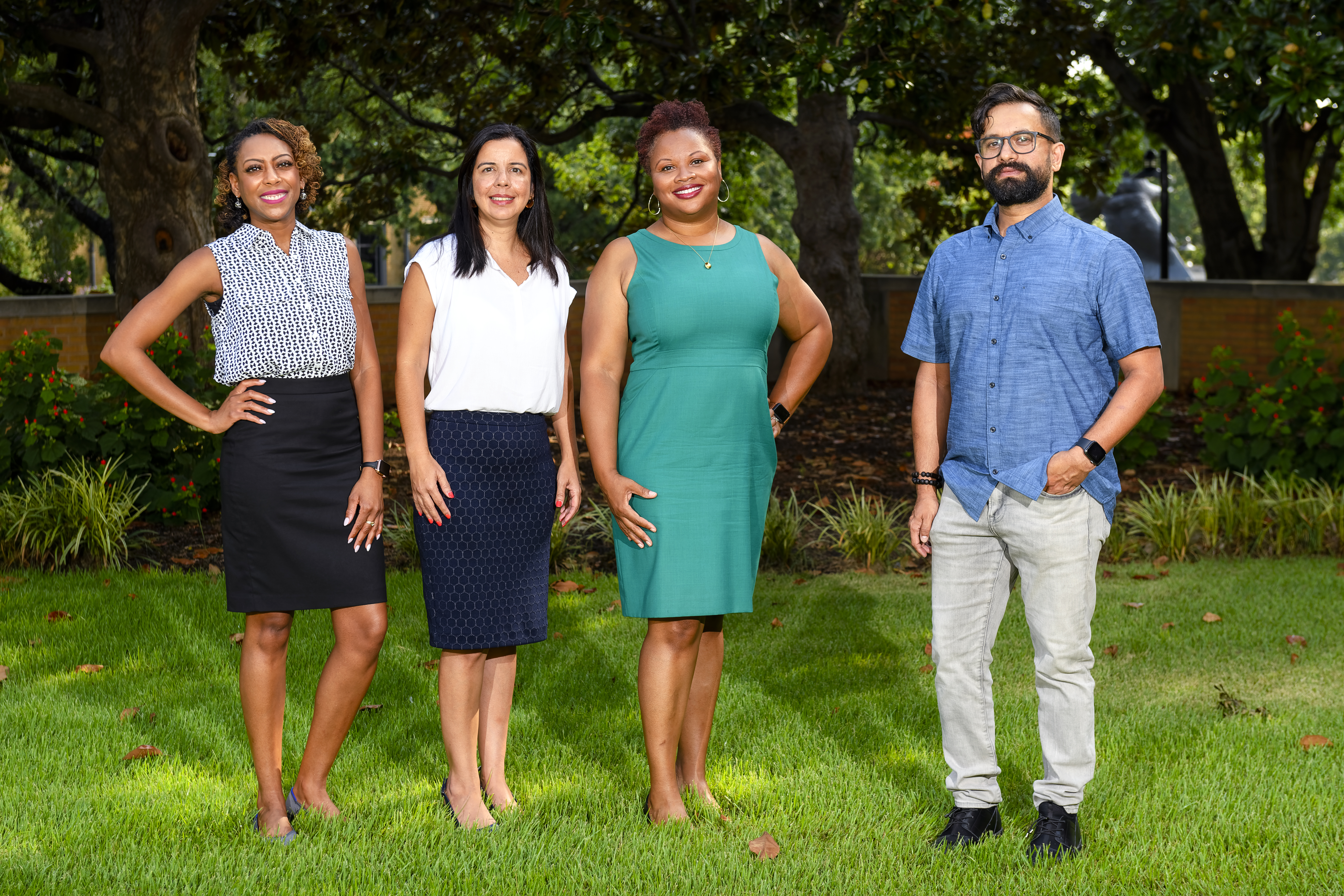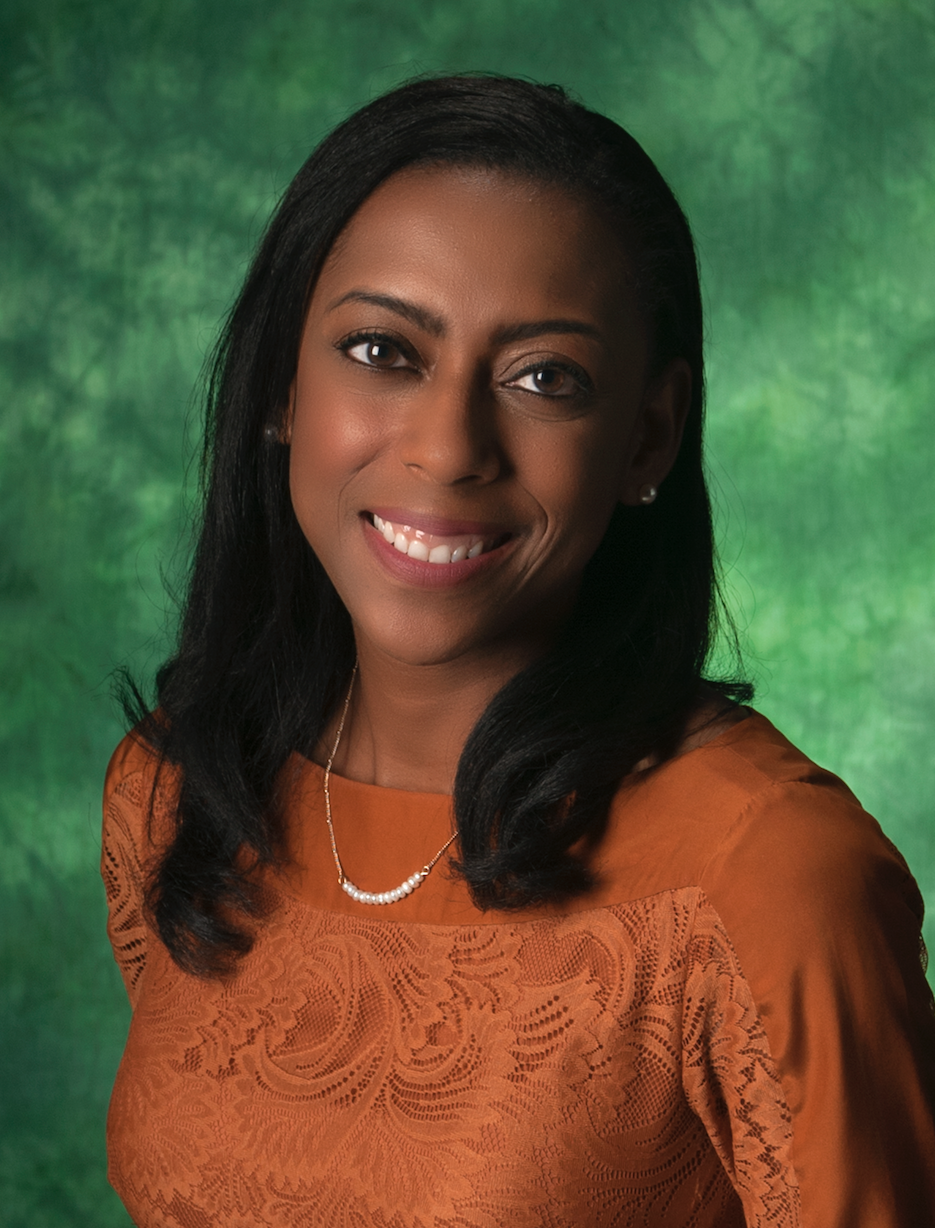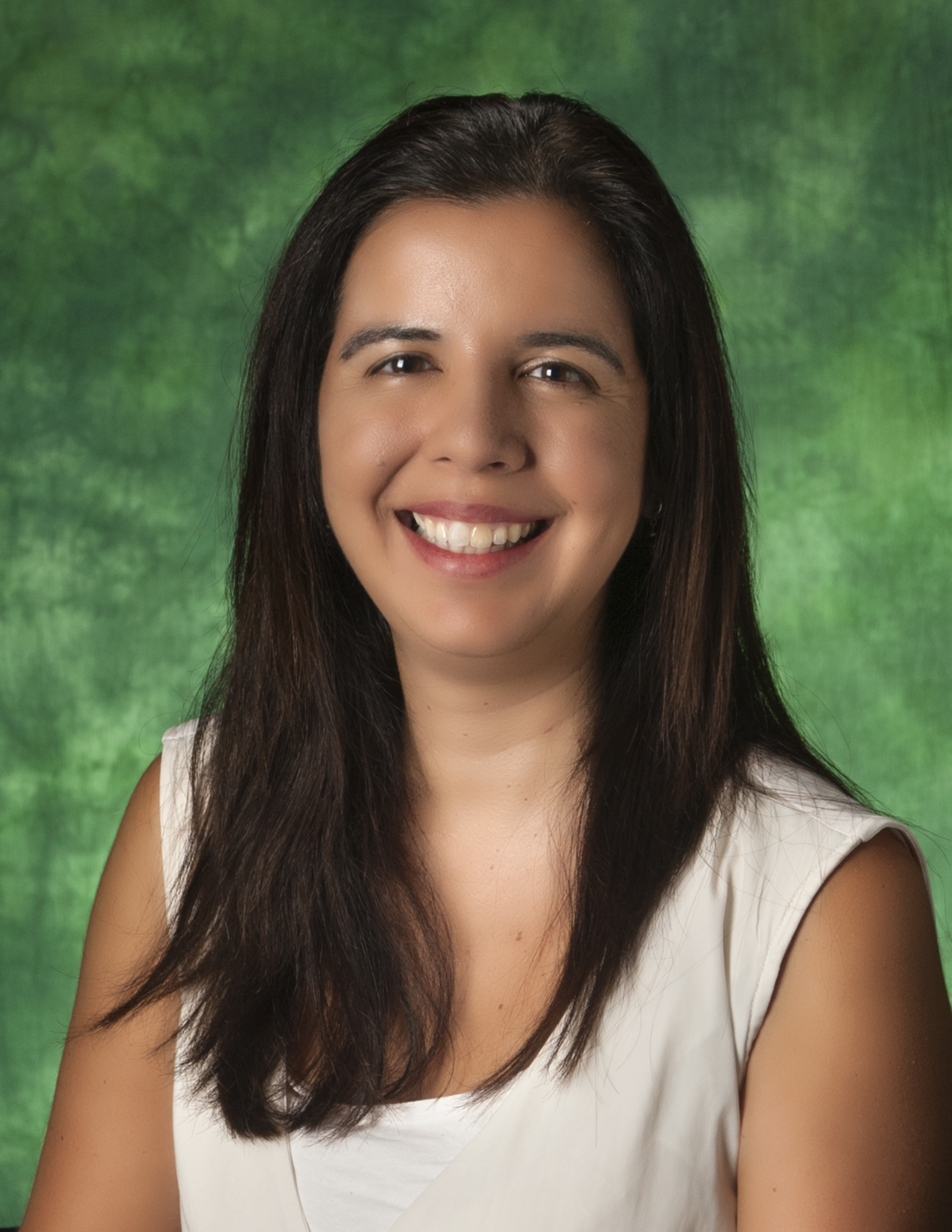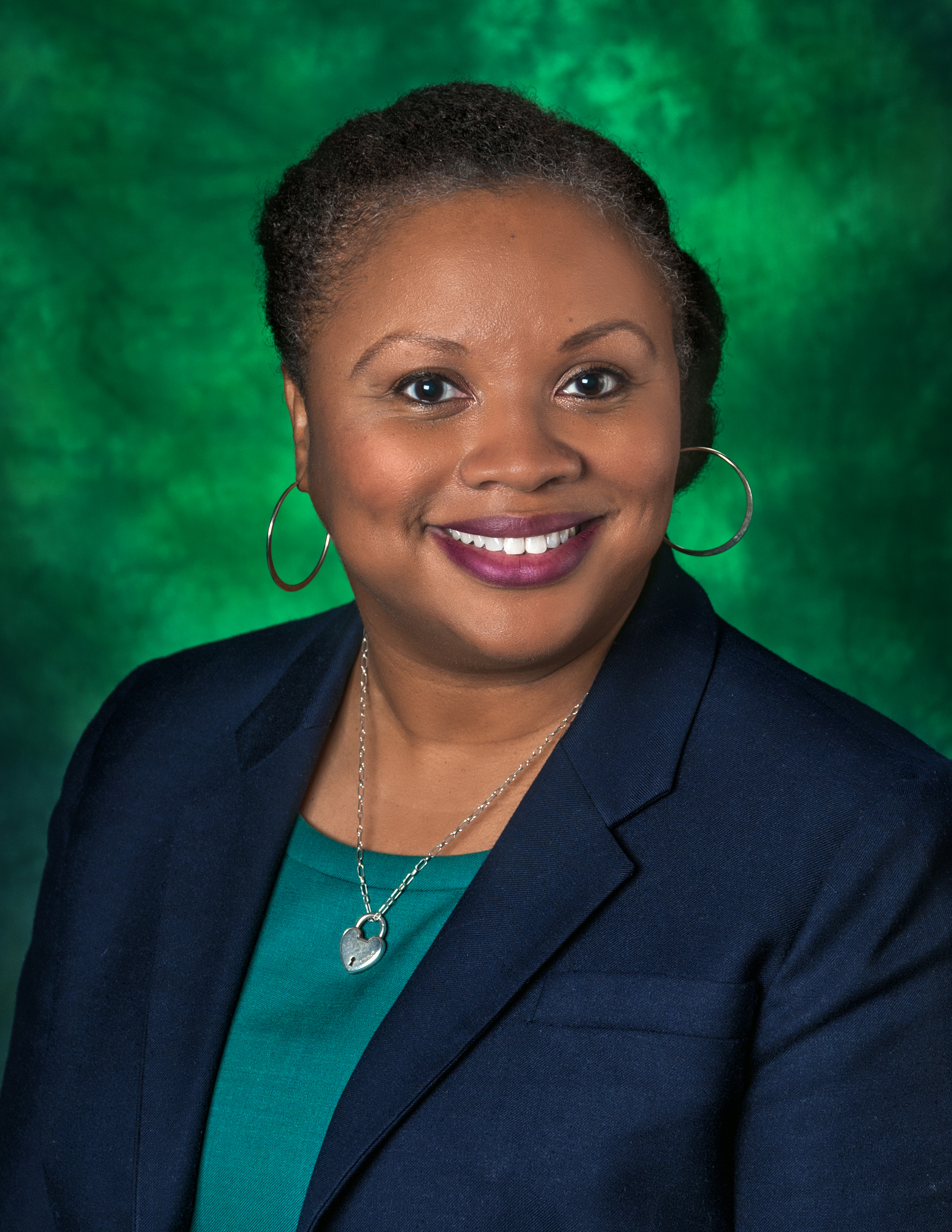UNT professors address mental health disparities with training for trauma-informed, bilingual care
Four University of North Texas professors are addressing health disparities by training the next generation of counselors and social workers to offer trauma-informed, bilingual mental health services to minorities in both behavioral health and integrated care settings.
DENTON (UNT), Texas — Four University of North Texas professors are addressing health disparities by training the next generation of counselors and social workers to offer trauma-informed, bilingual mental health services to minorities in both behavioral health and integrated care settings.
Scholars from the College of Education and College of Health and Public Service are collaborating on the project funded through a $1.5 million grant from the U.S. Health Resources and Services Administration. The project addresses the need for care for underserved populations and incorporates trauma-informed mental healthcare into integrated care with a bilingual component. The project is part of the Center for Racial and Ethnic Equity in Health and Society (CREEHS), which seeks to increase the quality of life for all Texans and to foster an environment for economic growth and innovation by narrowing longstanding racial and ethnic gaps in healthcare.
A United Way Denton community needs assessment report of the project area (2019) identified that 50% of the population lacks affordable medical care and mental health care, including access to substance use disorder treatment. The report states there is a 40% shortage of the workforce to attend to the needs of the population, but the percentage is higher when it comes to trained trauma-informed multicultural workforce. Approximately 25% of the population surveyed by the United Way expressed lack of access to mental health services as a concern.
“The idea is to train our students in social work, rehab counseling and counseling on trauma-informed interventions in the workplace,” said Peggy Ceballos, an associate professor in the College of Education. “The purpose of the project is to develop culturally responsive practitioners who can attend to the needs of underserved bilingual communities in the area.”
The project furthers previous work done by Ceballos, Angie Cartwright and Chandra Carey to increase cultural competency in mental health services, which will wrap up in August 2021. By the end of the new grant, the group hopes to have more than 160 students who have graduated with training from the two grant projects.
“The goal of integrated care is for people to think about their mental health the same way they do their physical health,” said Cartwright, an associate professor in the College of Education. In many cases, people consider mental healthcare a luxury and prioritize physical care as being more immediately necessary.
This is especially important now, she said, since many people have experienced mental trauma as a result of COVID-19.
“Combatting the social stigma associated with mental healthcare is a challenge, even among primary care professionals,” said Dhru Mukherjee, an associate professor in the College of Health and Public Service.
“We are the interactive space between the practice community and the academic community, so we have the responsibility of creating strong partnerships,” Mukherjee said. “There is a growing demographic change in the Dallas-Fort Worth area that is not just a linguistic issue but also an issue of culture. The cultural elements play a big role in the way a trauma is named and recognized. It is essential that our students and our workforce know it's not just the linguistic competencies, but also cultural competence that is very important.”
The project focuses on mental health care for young adults and children age 25 and younger, though students participating in the project also will attend to adult populations.
“Our students go to underserved spaces with the knowledge and understanding of how to meet complex client needs and share their knowledge with co-workers,” said Carey, academic associate dean and an associate professor in the College of Health and Public Service and co-director of CREEHS. “The community at large is going to be served well and I’m really excited about that. Through continuing education, we’re extending the level of education for the broader community who've already graduated, who are out there on the ground doing the work, who maybe haven't thought about how to combine the trauma-informed responses with the cultural and linguistic awareness that they need in order to make integrated care really work.”









